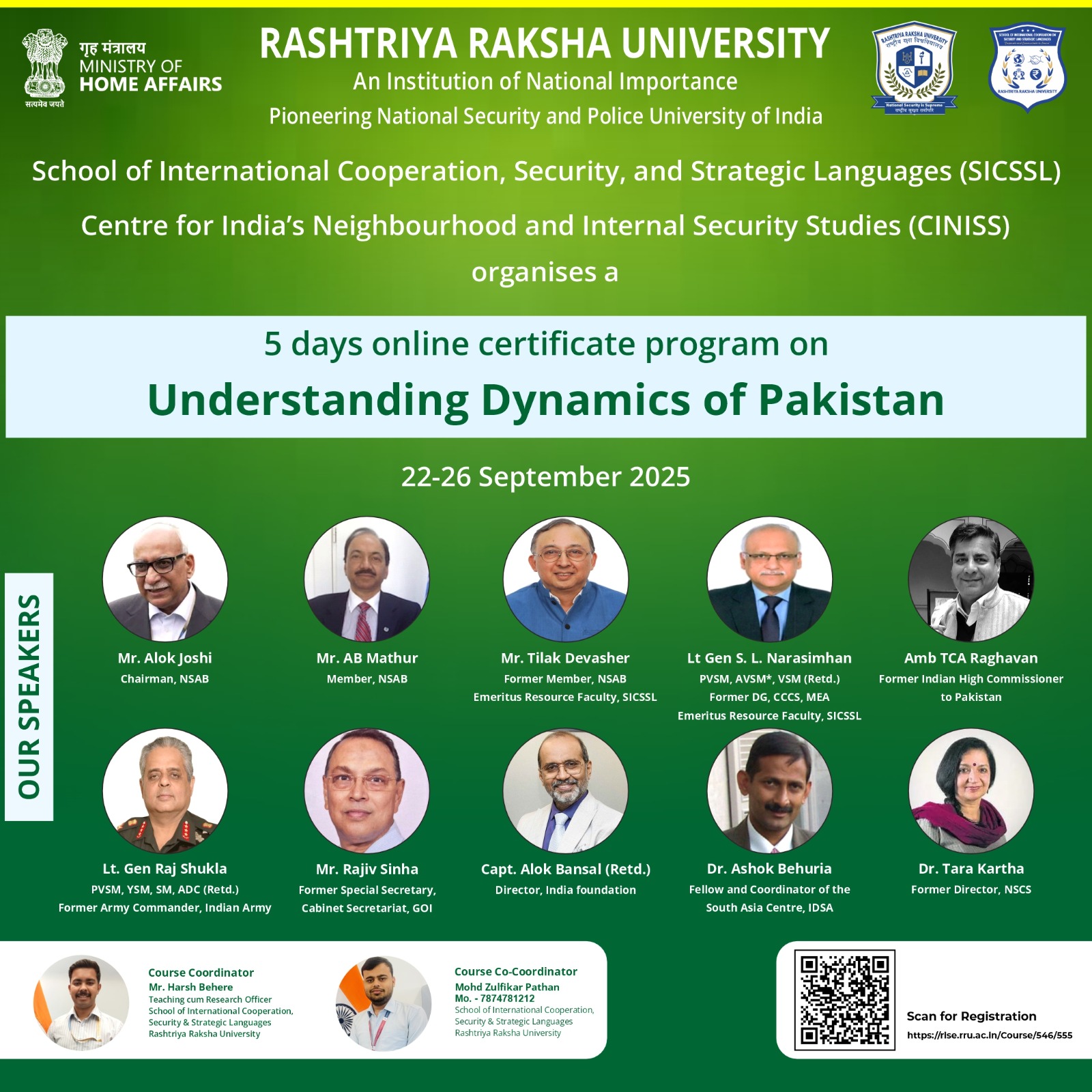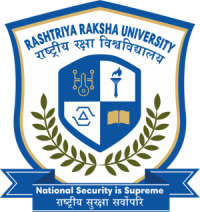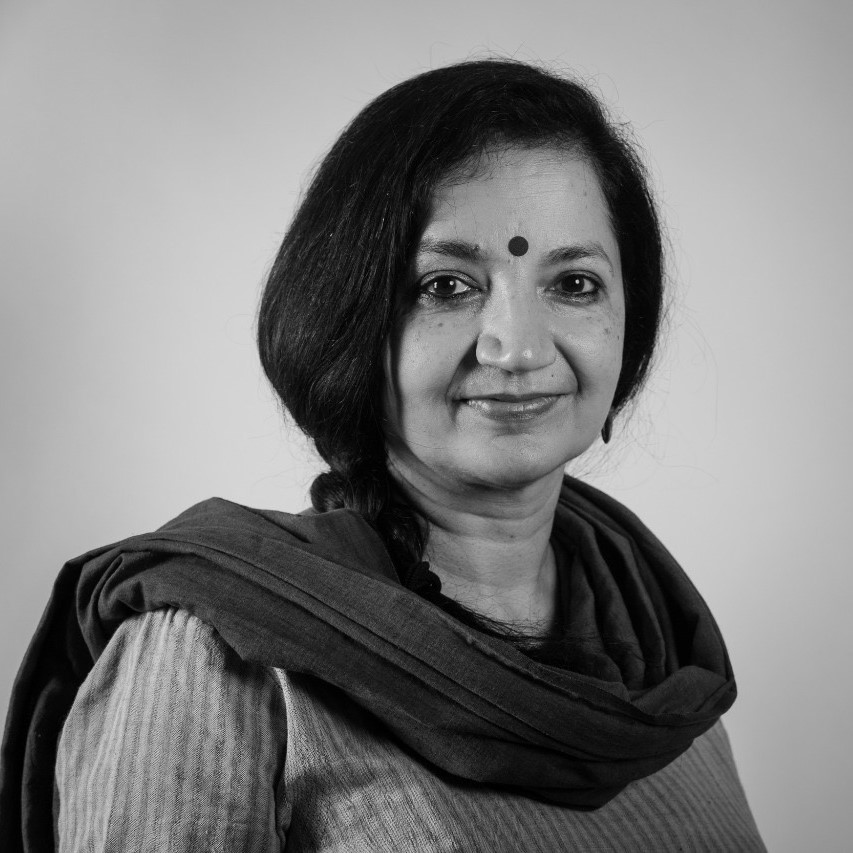Certificate Program on Understanding Dynamics of Pakistan - Batch-I

Description
Pakistan, situated at the crossroads of South Asia, Central Asia, and West Asia, occupies a unique position that influences the regional dynamics of security, politics, trade, and regional stability. The developments in Pakistan and the trap of Indo-centrism have long affected India’s politico-security dynamics. The study of Pakistan is crucial for scholars, policymakers, defence analysts, and students of international relations in India and beyond. As a nation born from a contested partition, its legacy of partition, theological contradictions, security dilemmas, sectarianism, and geostrategic location have shaped the evolution of Pakistan. In Pakistan, a common saying defines the nation’s power triangle: “Allah, Army, America.” People view these three forces as the cornerstones of the state, with the military leading the way. However, today, Pakistan stands at the crossroads of conflict, chaos and china. Pakistan’s future trajectory is marred with economic, social and political issues, uncertainty and opportunities, which have ramifications on South Asia and beyond.
Earlier this year, Pakistan’s Chief of Army Staff, General Asim Munir, reasserted the idea of “Two-Nation Theory” as the ideological foundation of Pakistan. However, the Idea of Pakistan has evolved over the decades. Currently, Pakistan faces an unprecedented challenge to the idea of Pakistan by the forces within the state that cast a long shadow on the idea of Pakistan and the identity of the state.
Over the last few decades, Pakistan’s economy has seen persistent macroeconomic imbalances, unbearably high external debt, rising inflation, and structural challenges. This has led it to be dependent on unending international loans, aid, and grants. The recent 25th International Monetary Fund (IMF) bailout program has stabilised the macroeconomic conditions. However, Pakistan’s economy remains in the crosshairs of the looming trouble. The Pakistan-China CPEC project remains a cornerstone for Pakistan’s economic growth. Despite the economic slowdown, the economy continues to show progress on various indexes and indicators. Overall, Pakistan’s economic trajectory remains uncertain, with a mix of promising opportunities and challenges ahead.
The recent India-Pakistan crisis has reaffirmed the primacy of the military in the country. It remains the most consequential institution of Pakistan. Despite the continuing logjam with former Prime Minister Imran Khan and Field Marshal Asim Munir, the Army remains the vanguard of the state with undiminished power and influence over both Hard and Soft Power. The disproportionate influence and stranglehold of the military over matters related to domestic politics, foreign policy, and the economy, either by directly ruling the country or a hybrid regime, has several implications for the stability of Pakistan and regional geopolitics.
The elevation of Gen. Asim Munir to the rank of field marshal has reinvigorated debate around civil-military relations in Pakistan. Pakistan’s history is filled with fraught civil-military relations, as the military has often overshadowed civilian institutions. The future holds many unresolved questions; can the Army stay out of Politics? Why does the Army often act beyond its mandate? More importantly, given the dynamics of the country, will they stay out?
The ever-changing, complex regional politics and global realignment have increasingly made it difficult for Islamabad to chart a way forward for its foreign policy goals. Insecure and volatile security situations with India, Iran, and Afghanistan have resulted in unstable borders and relations. Despite the upward trajectory in Pakistan-US relations, Pakistan is perilously balancing between the U.S.-China great-power competition. Once a traditional rentier state for major powers, Pakistan is today finding it hard to leverage its geostrategic location and extract geopolitical rent.
The ties between nations continue to strengthen their “iron-clad and all-weather strategic cooperative partnership.” Pakistan and China continue to deepen their ties by identifying new areas of convergence and cooperation. The cornerstone of Pakistan’s foreign policy is Pakistan-China relations. Beyond economic cooperation, the nature and scope of strategic support, and collusivity between Beijing and Islamabad represent a high-stakes, two-front conflict for India.
The turmoil and turbulence in recent years in Pakistan are reaching unprecedented levels. Lurching from crisis to crisis, Pakistan continues to add new dimensions to its existing faultlines. Since the creation of Pakistan, there have been numerous ebbs and flows in terms of ethnic nationalism in Balochistan and Khyber Pakhtunkhwa provinces; however, the resurgence of TTP, the long-running Baloch insurgency, collaboration of Baloch and Pashtuns, and the growing resentment of ethnic groups in the country further stress the existing ethnic faultline. Inability to meet the demands of the youth bulge is leading to social and political instability. Uneven population growth, unemployment, and growing resentment among the youth pose a daunting demographic crisis fast unfolding rapidly.
For decades, Pakistan has long accused its neighbours, particularly India and Afghanistan, of supporting terrorism inside their territory. However, Pakistan has not only used terrorism as an instrument of state policy, but it has also actually refined the art of using various non-state actors to meet its strategic goals. The convoluted security landscape in Pakistan represents a great danger for the region, as terrorist groups like ISKP, LeT, Jundullah, and JeM have used Pakistani soil to perpetrate attacks in the region. Pakistan continues to be one of the hotspots of terror groups.
Earlier this year, India and Pakistan once again reached a dangerous tipping point, leading to four days of conflict which reshaped strategic calculus in South Asia. The conflict has brought new complexities to the relations and broader South Asia, and the conflict marks a reputational boost for the Pakistan military. For Pakistan, the revival of the hyphenation of India-Pakistan is an opportunity to regain strategic relevance and revive the Kashmir issue. Both nations have derived their own lessons from the conflict and have adjusted to new realities. China and Turkey’s strategic support to Pakistan, and the thaw in relations between Bangladesh and Pakistan, mark a harbinger of a new era in India-Pakistan relations. This certificate course aims to provide participants with a multidimensional understanding of Pakistan’s state, society, and external relations, especially in the context of South Asia’s evolving geopolitical environment. This course conceptualises future trajectories and game-changing scenarios that can be envisaged. The course examines the Idea and identity of Pakistan after 79 years of its independence. It assesses Pakistan’s economy and what the future holds for the economic growth of the country. It examines the role of the military and renewed civil-military relations in Pakistan. The course aims to answer pertinent questions on Pakistan’s foreign policy and its engagement with the US and China. It looks at the ethnic and demographic challenges that Pakistan grapples with. It attempts to answer how a resurgence of terrorist groups shapes the politico-strategic environment of Pakistan. To understand all these complex, interrelated issues and develop conceptual clarity on the future of Pakistan, the challenges it confronts, and to explore emerging scenarios in the foreseeable future. The School of International Cooperation, Security and Strategic Language (SICSSL) presents an online course on "Understanding Dynamics of Pakistan”. The online course is open to anyone keen and interested in understanding the dynamics of Pakistan, particularly in the present environment.
The course syllabus presents a judicious balance of topics which are relevant to all stakeholders dealing with Pakistan. It is designed to enhance the knowledge quotient of those academicians involved in the area studies of the region, as well as government servants, military and CAPF personnel dealing with Pakistan. The course lasts five days, from September 22 to 26, 2025, with two sessions per day (morning/afternoon), covering various dimensions of Pakistan.
What you'll learn
To examine the idea of Pakistan, its ideological foundations, and identity.
To analyse Pakistan’s domestic politics and civil-military relations.
To assess Pakistan’s foreign policy choices, with a special focus on the US, China and India.
To examine the politico-security situation in Pakistan after the Pahalgam attack
To understand the Pakistan military and its strategic culture
To understand ethnic, demographic, and socio-political challenges within Pakistan.
To understand the current and future trajectory of the economy of Pakistan
To explore the trajectory of India-Pakistan relations and possible future scenarios.
To understand the growing Pakistan-China Cooperation and its implications on India’s national security
To examine Pakistan's policy of support to non-state actors and its impact on regional stability
Requirements
Course Content
 No Content Founds.
No Content Founds.
Semester with subjects
 No Semester Founds.
No Semester Founds.
Experts
Dr. Tara Kartha spent 17 years at the National Security Council Secretariat, the apex of India's national security architecture. At the NSCS, she worked on terrorism and other security issues concerning the neighbourhood and held special charge of the National Security Advisory Board (NSAB), among other responsibilities. Earlier, she was at the Institute of Defence Studies and Analyses (IDSA) for eight years, where she authored her book Tools of Terror: Light Weapons and India's Security.


Recent Reviews